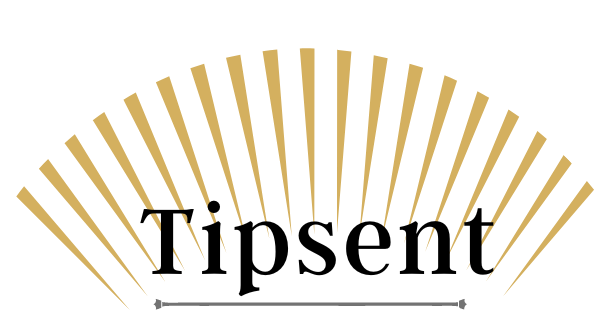There are several options for medical loans despite poor credit history. These include secured loans and unsecured loans. Secured loans require borrowers to offer collateral if they default on the loan. If you’re looking for a loan to pay for medical expenses, you’ll need to determine your credit score. You can find out your score from the three major credit reporting agencies.
Unsecured loans are riskier for lenders
Unsecured medical loans are not secured by collateral, such as your house or car. Instead, lenders depend on your credit history and creditworthiness to approve the loan. However, they are riskier for lenders, and you should be aware of this. For this reason, the interest rate may be higher and the borrowing amount lower.
Besides, unsecured loans require better credit than secured loans. They also tend to be more expensive because lenders have fewer options for recovering their money in case of default. These loans are great if you need a large sum of money to pay for a medical procedure. You may not be able to afford the entire cost at once, and an unsecured loan will allow you to spread the payments over time.
However, unsecured medical loans usually carry high-interest rates and origination fees, and your borrowing limit will be small compared to secured loans.
Secured loans require collateral in case of borrower default
A secured loan differs from an unsecured loan because the lender can repossess the collateral if you fail to pay the loan back. Homeowners often put up their houses as collateral but risk defaulting and losing the home to foreclosure. Secured loans are designed to allow borrowers to borrow up to 80% of the equity in their homes. Car owners can also use their car as collateral, but they risk the lender seizing the car.
Secured loans have lower interest rates because they require collateral. They usually have lower qualification requirements than unsecured loans. A secured loan may be the right choice if you are seeking a large sum of money. Because lenders face less risk if you fail to repay the loan, they are more likely to lower your interest rate. You may check emergency medical loans for bad credit to learn more about this!
Another advantage of secured loans is that they offer better terms. In some cases, secured loans come with lower interest rates, higher borrowing limits, and longer repayment schedules. They are also more accessible to people with poor credit.
Credit card
Another option for medical loans is to apply for a secured credit card. Although these cards don’t report to the major credit bureaus, they are often accepted by individuals with poor credit. However, if you have bad credit, checking your credit score before applying for a medical credit card is essential. You should also note that many medical credit cards only report to certain healthcare provider networks.
While medical credit cards may be convenient, they can be difficult to pay off after the interest-free introductory period expires. Late payments also carry high penalties, and you may lose your promotional 0% interest rate. While your health care provider may recommend this type of medical credit card, check the terms and conditions before making a decision.
Peer-to-peer loans
Peer-to-peer medical loans are an alternative to traditional bank loans. While bank medical loans can be painfully slow, peer-to-peer medical loans utilize a crowd-funding model, where lenders and borrowers can be based anywhere in the world. It is possible to apply for and receive money without requiring a high credit score, which is an important feature for consumers.
While peer-to-peer lending is a newer concept, it has many benefits. It allows few people to enter a lucrative business and gives consumers alternative borrowing options. It is particularly important for consumers who traditional banks may reject.
AMS Financial
Medical loans for people with bad credit are a great way to pay medical bills. These loans are generally secured, meaning the lender is less likely to lose money if you don’t pay. It allows you to get larger loans or longer terms. You should note, however, that medical loans with bad credit will require you to put your home up as collateral, and refinancing your home can be expensive.
Many medical providers offer payment plans, which allow you to make monthly payments at no interest. The amount you pay will depend on your agreement with your physician, but they’re an option worth considering. You could also try to get a medical loan through a credit union, a not-for-profit organization offering lower interest rates and more flexible terms. These organizations usually take the time to look at your overall financial situation. However, you may have to join a credit union to qualify for a loan, and most don’t offer prequalification.

